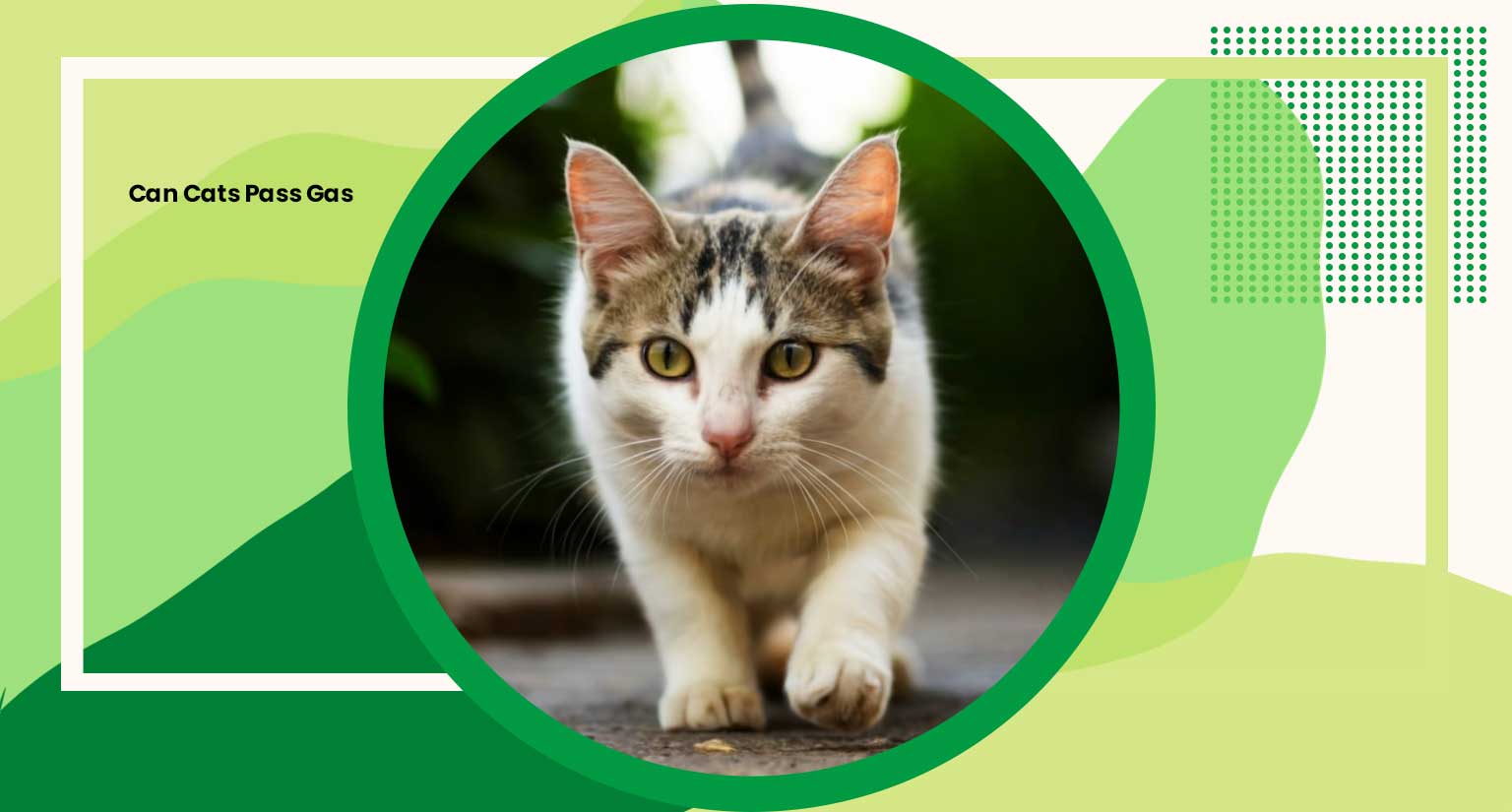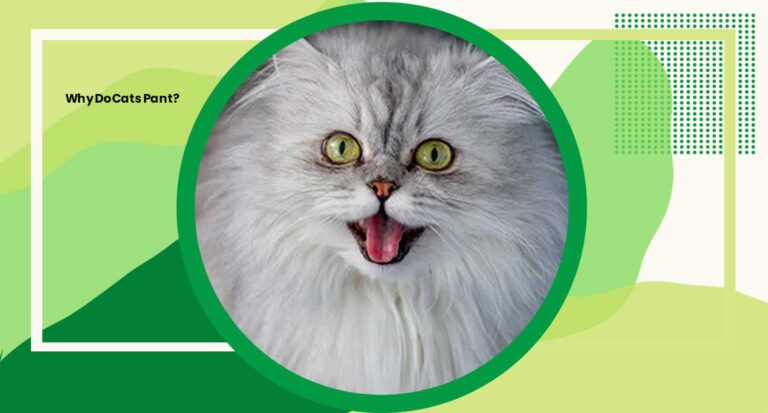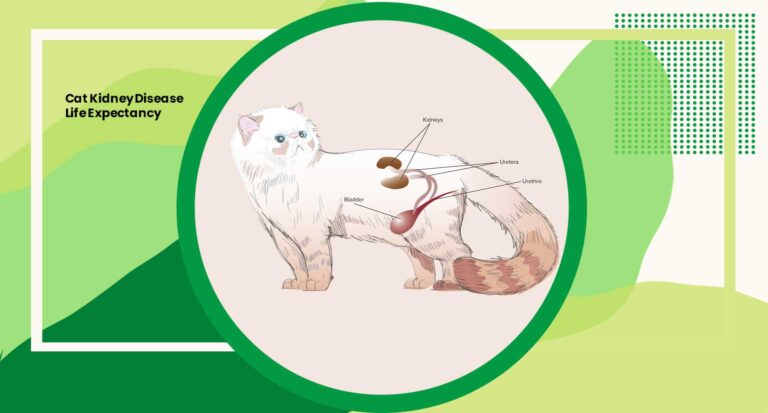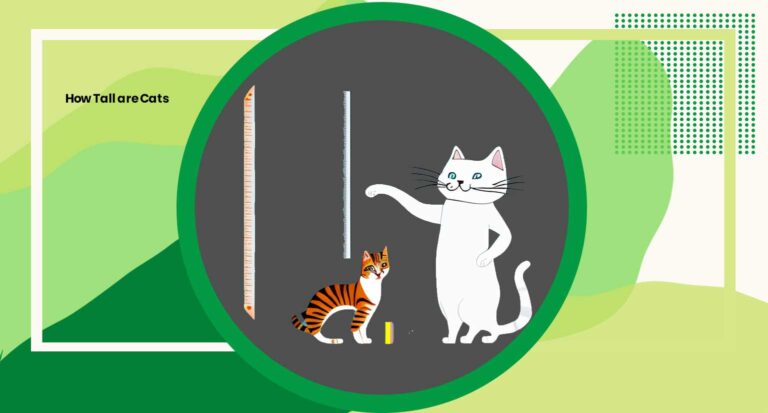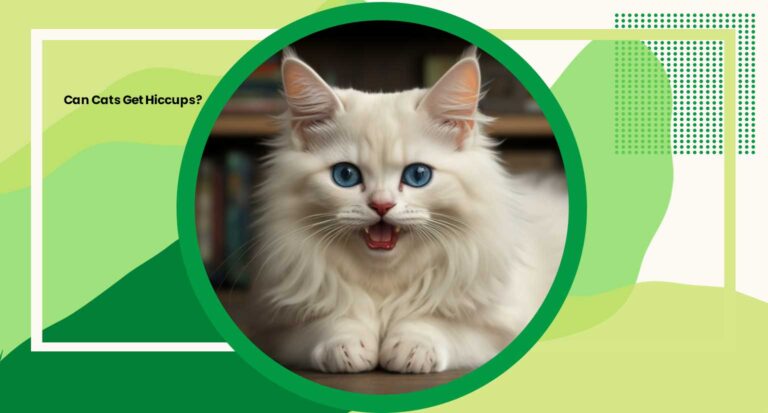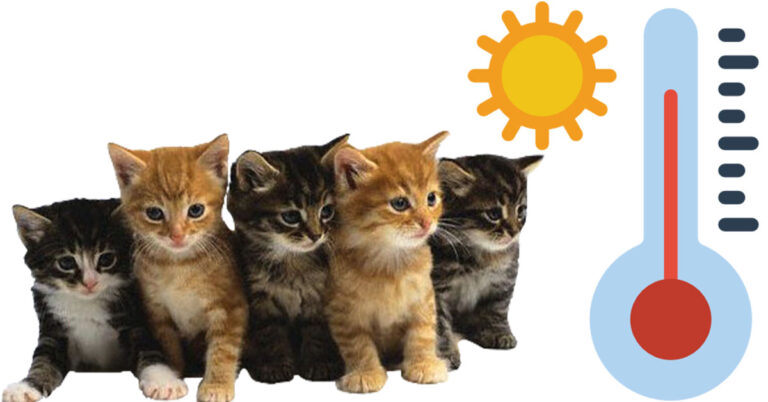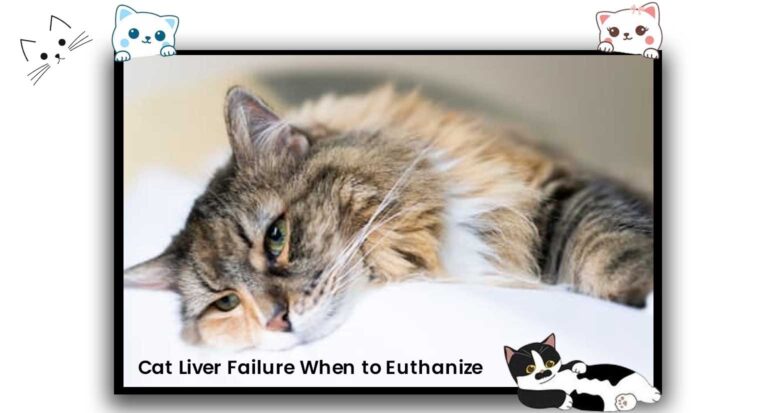Can Cats Pass Gas? Uncover 15 Fascinating Insights
The intriguing world of feline biology where mysteries abound. Among the questions that often arise, one curiosity stands out. Can cats pass gas? This seemingly innocuous query unveils layers of fascination about our beloved furry companions.
As pet owners, understanding our cats’ behaviors and bodily functions is crucial for their well being. In this, the intriguing topic of whether cats can indeed pass gas and unravel the mysteries surrounding this phenomenon.
How Often Cats Fart?
While it may vary from one cat to another, cats typically pass gas less frequently compared to other animals. Factors such as diet, age and health play pivotal roles in determining the frequency of feline flatulence. Understanding the dynamics behind cats’ digestive systems can shed light on the occasional to infrequent occurrences of flatulence in our beloved pets.
What Does It Mean When A Cat Passes Gas?
When a cat passes gas, it may raise questions about their health and well being. Understanding what it means when a cat passes gas is essential for responsible pet ownership.
While occasional flatulence is normal in cats and may be attributed to dietary factors or swallowed air during grooming, persistent or foul smelling gas could indicate underlying health issues such as gastrointestinal discomfort, dietary intolerances or digestive disorders.
Monitoring your cat’s gas emissions and consulting with a veterinarian if concerns arise can help ensure their optimal health and comfort.
15 Causes Of Gassiness In Cats
The intricacies of feline physiology reveals various factors that can contribute to gassiness in cats. Understanding these potential causes empowers pet owners to make informed decisions about their cat’s diet and overall well being. Here are 15 common culprits behind feline flatulence.
High Fiber Foods
Fiber rich diets can stimulate gas production in cats.
Dairy Products
Lactose intolerance may lead to gas and digestive discomfort in cats.
Low Quality Food
Poor quality ingredients or fillers in cat food can disrupt digestion.
Rapid Eating
Cats who eat too quickly may ingest air, leading to flatulence.
Spicy Foods
Spices and seasonings can irritate a cat’s digestive system, causing gas.
Table Scraps
Human food scraps, especially fatty or rich foods, can upset a cat’s stomach.
Beans and Legumes
Certain beans and legumes contain sugars that can ferment in a cat’s gut, producing gas.
Raw Meat
Raw diets may be harder for cats to digest, potentially leading to increased gas.
Food Allergies
Allergic reactions to specific ingredients in cat food can manifest as gastrointestinal issues, including gas.
Excessive Treats
Overfeeding treats can disrupt a cat’s digestive balance, causing gas.
Changes in Diet
Abrupt changes in a cat’s diet can lead to digestive upset and flatulence.
Overeating
Consuming large quantities of food in one sitting can overwhelm a cat’s digestive system.
Carbonated Beverages
Cats may accidentally consume carbonated beverages, leading to gas buildup.
Stress
Psychological stress can impact a cat’s digestive health, resulting in gas.
Bacterial Imbalance
Disruptions in the gut microbiota can contribute to gas production in cats.
Do Worms Cause Gas In Cats?
Parasitic infestations, including worms, can indeed contribute to gastrointestinal disturbances in cats, potentially leading to gas among other symptoms. Certain types of worms, such as roundworms and tapeworms, can affect a cat’s digestive system, causing discomfort, bloating and gas.
The presence of worms may disrupt normal digestive processes and lead to inflammation or irritation of the intestinal lining, resulting in increased gas production. Regular deworming and veterinary care are essential for maintaining your cat’s digestive health and minimizing the risk of parasitic related issues.
Treatment for Gas in Cats
When addressing gas in cats, implementing appropriate treatment strategies can help alleviate discomfort and promote digestive health. Here are several approaches to consider.
Dietary Modifications
Transitioning to a high quality, easily digestible cat food or specialized diet formulated to reduce gas production can help manage feline flatulence.
Gradual Diet Changes
Introduce dietary modifications slowly to allow your cat’s digestive system to adjust gradually, minimizing the risk of gastrointestinal upset and gas.
Probiotics
Incorporating probiotic supplements into your cat’s diet can promote a healthy balance of gut bacteria, potentially reducing gas and improving overall digestive function.
Hydration
Ensure your cat has access to clean, fresh water at all times to support proper digestion and hydration, which can help alleviate gas related discomfort.
Regular Exercise
Encourage physical activity and playtime to promote healthy digestion and prevent gas buildup in your cat’s gastrointestinal tract.
Veterinary Evaluation
If your cat experiences persistent or severe gas accompanied by other symptoms such as diarrhea, vomiting or abdominal pain, consult a veterinarian for a comprehensive evaluation and appropriate treatment recommendations.
Parasite Control
Administering deworming medications as recommended by your veterinarian can help eliminate intestinal parasites that may contribute to gas and other digestive issues.
Stress Management
Minimize sources of stress in your cat’s environment and provide a calm, nurturing atmosphere to promote optimal digestive health.
By implementing these treatment strategies and working closely with your veterinarian, you can help your cat find relief from gas and enjoy improved digestive comfort and well being.
Frequently Asked Questions (FAQs)
1. Is occasional gas in cats normal?
Occasional gas in cats is considered normal and may be attributed to dietary changes, but persistent or foul smelling gas could indicate underlying health issues that require attention.
2. Can certain foods make my cat gassy?
Yes, certain foods such as dairy products, high fiber foods, spicy foods and table scraps can contribute to gas in cats. It’s important to monitor your cat’s diet and make appropriate dietary adjustments as needed.
3. How can I help alleviate my cat’s gas?
To alleviate your cat’s gas, consider making dietary modifications, incorporating probiotics, ensuring proper hydration and exercise, minimizing stress, administering parasite control measures and consulting with your veterinarian for personalized recommendations.
4. When should I be concerned about my cat’s gas, and can cats pass gas?
If your cat experiences persistent or severe gas accompanied by other symptoms such as diarrhea, vomiting, abdominal pain or lethargy, it’s important to seek veterinary care promptly for a thorough evaluation and appropriate treatment.
5. Are there preventive measures for gas in cats?
Preventive measures for gas in cats include feeding a high quality diet, implementing gradual dietary changes, promoting regular exercise, managing stress, ensuring proper hydration, administering parasite control and monitoring your cat’s overall health and behavior.

